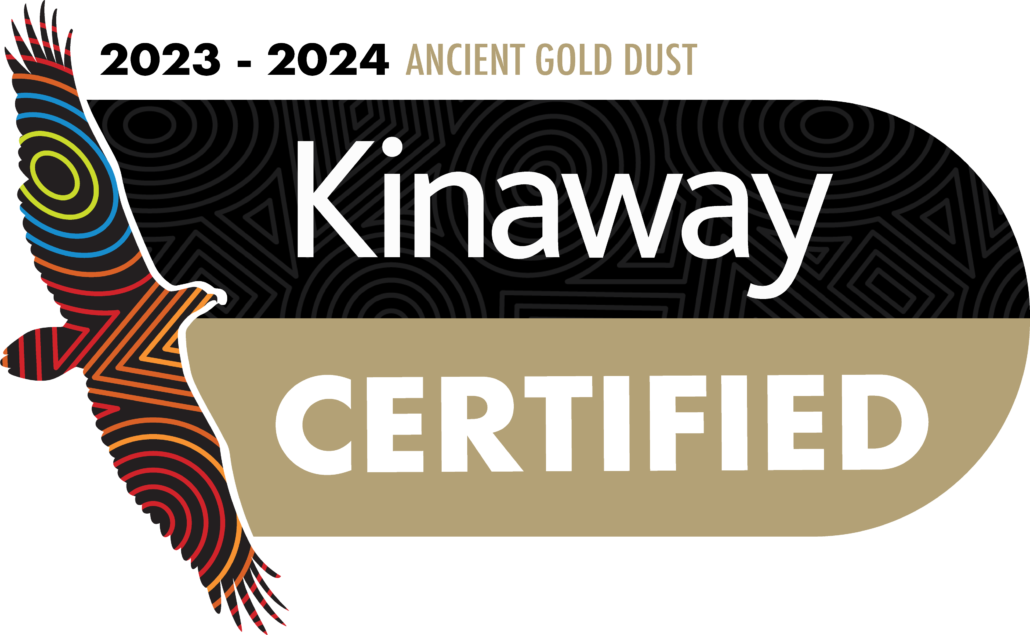TREATY – Why Now.
Why Now: Treaty for Victoria
The pursuit of a Treaty in Victoria marks a historic and transformative moment for the First Nations people of the region and the wider community. This journey toward recognition, justice, and reconciliation is deeply rooted in a complex history and carries profound significance for all Victorians.
Historical Context
The relationship between First Nations peoples and colonial settlers in Australia has been fraught with conflict, dispossession, and injustice since the arrival of the British in the late 18th century. In Victoria, the impact was devastating. Land was forcibly taken, cultures were suppressed, and communities were displaced. For over two centuries, the voices and rights of Indigenous Australians were marginalized. The push for a Treaty is a critical step in addressing these historical wrongs and acknowledging the sovereignty of the First peoples of Victoria – it was never ceded.
The Significance of the Treaty
A Treaty is more than just a legal document; it is a symbol of recognition and respect. For the First Nations people of Victoria, it represents a formal acknowledgment of their enduring connection to the land and their rights as its traditional custodians. This formal agreement aims to provide a framework for addressing issues such as land rights, cultural preservation, and self-determination. It is a powerful mechanism for healing and rebuilding relationships between Indigenous and non-Indigenous Australians.
The Journey Toward a Treaty
In 2018, the Victorian Government established the First Peoples’ Assembly of Victoria, the elected body representing Aboriginal people in Treaty discussions. This was a significant milestone, marking the first time an Australian state has taken concrete steps toward negotiating a Treaty. The Assembly’s role, was to work with the government to develop the Treaty Negotiation Framework and ensure that the voices of the First Nations people are at the forefront of this process.
Why Now?
The push for a Treaty in Victoria is timely and crucial. The global movement for Indigenous rights and social justice has gained momentum, shining a light on the importance of addressing historical injustices. In Australia, the Uluru Statement from the Heart called for a national movement toward Treaty and truth-telling. Victoria’s efforts are part of this broader national and international trend, reflecting a growing recognition of the need for meaningful and lasting reconciliation.
Benefits for the Wider Community
The Treaty process offers significant benefits for all Victorians. It fosters a more inclusive and equitable society, promoting understanding and respect for the rich cultural heritage of the First Nations people. By addressing past injustices and creating pathways for future cooperation, the Treaty helps to build stronger, more resilient communities. It lays the foundation for a shared future where all Victorians can thrive together.
Conclusion
The Treaty for Victoria is a pivotal step toward justice, recognition, and reconciliation. It acknowledges the deep and enduring connection of the First Nations people to their land and seeks to rectify historical wrongs. As Victoria moves forward with this process, it offers a beacon of hope and a model for other States and Territories to follow. By embracing the Treaty, Victorians are taking a significant step toward a more just and inclusive society for all.


 In order to go after your dreams, it’s important to have a clear idea of what you’re seeking in life. When you can define the life you’ll live when your dreams come true, your passion will ignite. And once your passion is burning bright, you’ll be compelled to develop the confidence you require to achieve those dreams.
In order to go after your dreams, it’s important to have a clear idea of what you’re seeking in life. When you can define the life you’ll live when your dreams come true, your passion will ignite. And once your passion is burning bright, you’ll be compelled to develop the confidence you require to achieve those dreams.